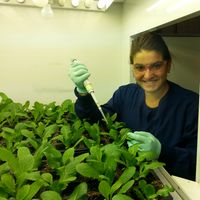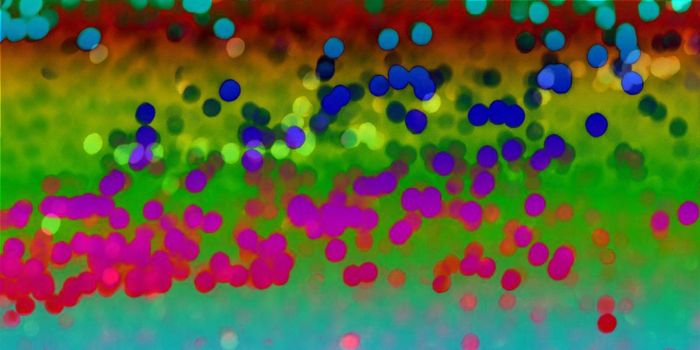Microbiology
Many Think the Flu Shot is Unnecessary
I am a postdoctoral researcher with interests in pre-harvest microbial food safety, nonthermal food processing technologies, zoonotic pathogens, and plant-microbe interactions. My current research projects involve the optimization of novel food processing technologies to reduce the number of foodborne pathogens on fresh produce. I am a food geek!








